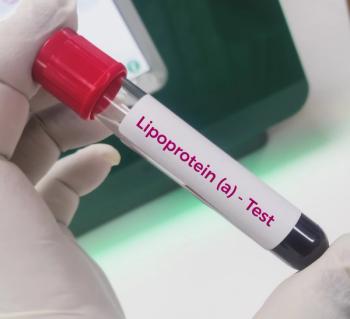
AI, Real-World Data Help Determine Which Drugs Can Be Repurposed
Using AI and real-world data, investigators identify drugs that can be used to treat heart disease.
A machine-learning model using real-world data can help determine which existing medications can improve outcomes in diseases for which they are not prescribed.
Drug repurposing can lower the risk associated with safety testing of new medications and can dramatically reduce the time it takes to get a drug into the marketplace for clinical use.
“This work shows how artificial intelligence can be used to ‘test’ a drug on a patient and speed up hypothesis generation and potentially speed up a clinical trial,” senior author Ping Zhang, Ph.D., assistant professor of computer science and engineering and biomedical informatics at Ohio State University said. “But we will never replace the physician — drug decisions will always be made by clinicians.”
Zhang and a team of investigators believed their AI model would identify drugs that could lower the risk for heart failure and stroke in patients with coronary artery disease. They used insurance claims of nearly 1.2 million patients with heart disease to get information on their assigned treatment, disease outcomes, and values for potential confounders. The algorithm had the ability to take into account the passage of time in each patient’s treatment journey, including visits, prescriptions, and diagnostic tests.
The investigators categorized active drug and placebo patient groups that would be found in a clinical trial. The AI model tracked patients for two years and compared the patient’s disease status at the end point to whether they took medications, which drugs they took, and when they started the regimen.
The machine-learning method found nine drugs likely to provide therapeutic benefits to lower the risk for heart failure and stroke. Three of the drugs were currently in use and six candidates were found for drug repurposing. The findings highlighted diabetes medication (metformin), and escitalopram (depression and anxiety medication), could lower the risk for heart failure and stroke among the patient population. Both drugs are being tested for their effectiveness against heart disease.
"With causal inference, we can address the problem of having multiple treatments. We don't answer whether drug A or drug B works for this disease or not but figure out which treatment will have the better performance," Zhang said.
The study, “
Newsletter
Get the latest industry news, event updates, and more from Managed healthcare Executive.























